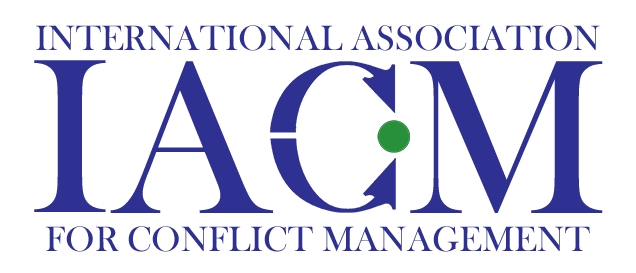Full Program »
Cross-Cultural Adaptivity: An Examination of Conflict Resolution Instructional Strategies and Prescriptive versus Elicitive Training Styles
Keywords: cross-cultural, culture, conflict resolution, instructors, training
Abstract: Scholarship on cross-cultural conflict management has offered the distinction between more prescriptive versus more elicitive approaches to intercultural conflict resolution training and intervention (Lederach, 1995; Weller, Martin, & Lederach, 2001). More prescriptive approaches privilege the information and strategies introduced by a conflict resolution expert in the training profession and tend to be more expedient and efficient. On the other hand, more elicitive approaches favor local contextual knowledge and expertise for addressing conflict and peace, which tends to be more situated and sustainable. Trainings in this approach are co-created by the instructor and the participants. This research seeks to identify the conditions and strategies that current cross-cultural conflict resolution instructors work in and utilize in their training interventions as a means to elucidate the extent to which culture affects process, technique, and the longevity of training effects.
